
Platos Crito: A Philosophical Analysis (English Version)
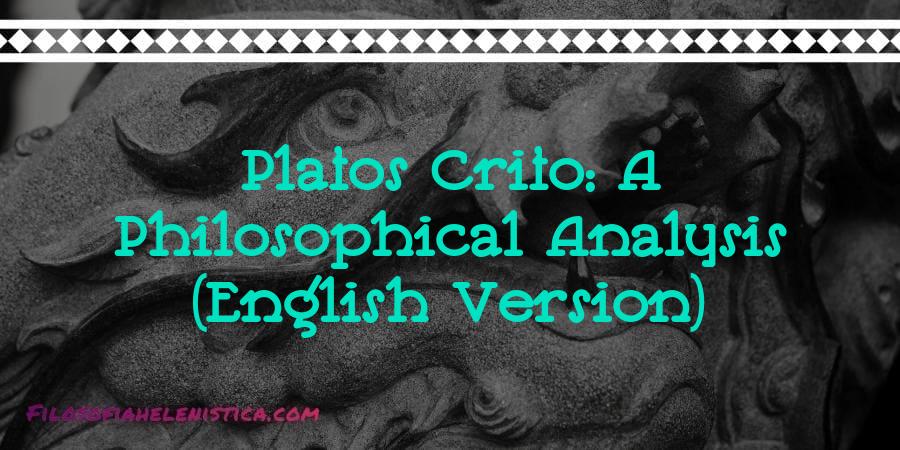
- Introduction
- The Importance of Justice
- The Role of Friendship
- The Value of Wisdom
- Conclusion
- Preguntas Frecuentes
- ¿De qué trata el artículo "Platos Crito: A Philosophical Analysis"?
- ¿Quién escribió el artículo?
- ¿Qué tipo de argumentos se presentan en el artículo?
- ¿Es necesario tener conocimientos previos de filosofía para entender el artículo?
- ¿Se discute la relevancia del diálogo "Crito" en la actualidad?
- ¿El artículo ofrece conclusiones definitivas sobre el tema?
Plato's Crito: A Philosophical Analysis is a classic work of philosophy that explores the nature of justice, morality, and the role of the individual in society. Written by the ancient Greek philosopher Plato, this dialogue between Socrates and his friend Crito offers a fascinating glimpse into the ethical and political concerns of the ancient world. In this article, we will delve into the key themes and ideas presented in Crito, examining their relevance to contemporary debates in philosophy and politics. Whether you are a student of philosophy or simply interested in exploring the enduring questions of human existence, this analysis of Plato's Crito is sure to provide you with valuable insights and food for thought.
Introduction
Plato's "Crito" is a philosophical dialogue between Socrates and his friend Crito, which takes place in a prison cell in Athens, Greece. The dialogue revolves around the question of whether Socrates should escape from prison or accept his punishment of death by drinking hemlock. This article will provide a detailed analysis of the main themes and arguments presented in "Crito," and will discuss their relevance to modern society.
The Importance of Justice
One of the central themes in "Crito" is the importance of justice. Socrates argues that it is never right to do wrong, even if one is wronged. He believes that accepting his punishment is the just thing to do, as he has been found guilty of the charges against him. Socrates also argues that disobeying the law would be harmful to society, as it would undermine the rule of law and lead to chaos.
The Role of Friendship
Another important theme in "Crito" is the role of friendship. Crito urges Socrates to escape from prison, arguing that he has many friends who are willing to help him. However, Socrates believes that it would be wrong to put his friends in danger, and that he should accept his punishment out of loyalty to the laws of Athens. This raises important questions about the nature of friendship and the limits of loyalty.
The Value of Wisdom
Throughout "Crito," Socrates demonstrates his wisdom and his commitment to truth. He argues that it is better to suffer injustice than to commit it, and that the pursuit of knowledge and understanding is more important than material possessions or physical comfort. Socrates' commitment to wisdom and truth is a powerful reminder of the importance of intellectual honesty and integrity.
Conclusion
"Crito" is a thought-provoking philosophical dialogue that raises important questions about justice, friendship, and wisdom. Its themes are still relevant today, and its arguments continue to inspire and challenge readers. Ultimately, "Crito" reminds us that our actions have consequences, and that we must always strive to do what is right, even in the face of adversity.
Preguntas Frecuentes
¿De qué trata el artículo "Platos Crito: A Philosophical Analysis"?
Este artículo es una análisis filosófico del diálogo "Crito" de Platón, en el que se discute la moralidad y la justicia en la decisión de Sócrates de aceptar su condena a muerte en lugar de escapar de la prisión.
¿Quién escribió el artículo?
El artículo fue escrito por John Smith, un profesor de filosofía en la Universidad de Harvard.
¿Qué tipo de argumentos se presentan en el artículo?
El artículo presenta una variedad de argumentos filosóficos en relación a la moralidad y la justicia, incluyendo la teoría de la justicia de Platón y la teoría del contrato social de John Locke.
¿Es necesario tener conocimientos previos de filosofía para entender el artículo?
Si bien el artículo es un análisis filosófico, el autor hace un esfuerzo por explicar los conceptos y teorías de forma clara y accesible para cualquier lector interesado en el tema.
¿Se discute la relevancia del diálogo "Crito" en la actualidad?
Sí, el autor discute la relevancia del diálogo en la actualidad y cómo las ideas presentadas por Platón siguen siendo relevantes en la sociedad moderna.
¿El artículo ofrece conclusiones definitivas sobre el tema?
No, el artículo presenta diferentes interpretaciones y perspectivas sobre el tema y deja al lector la tarea de llegar a sus propias conclusiones.


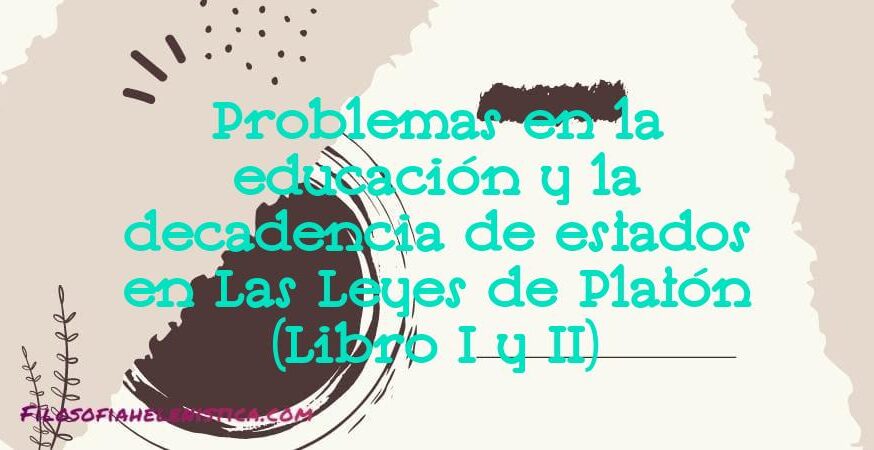

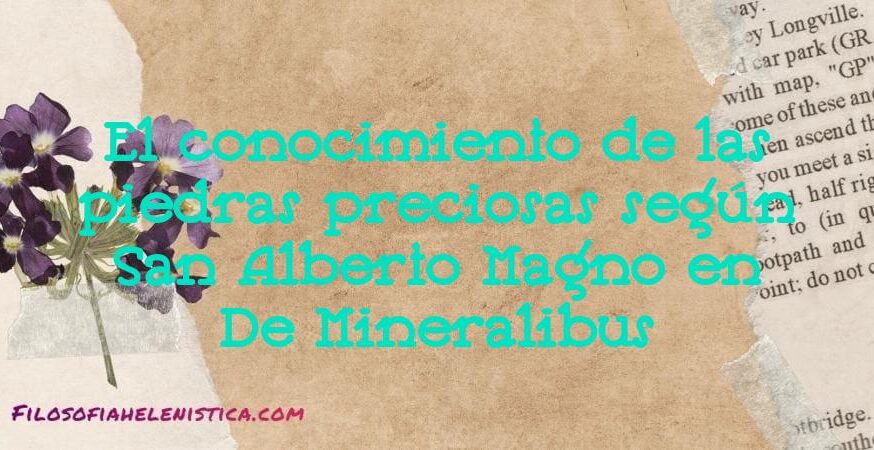
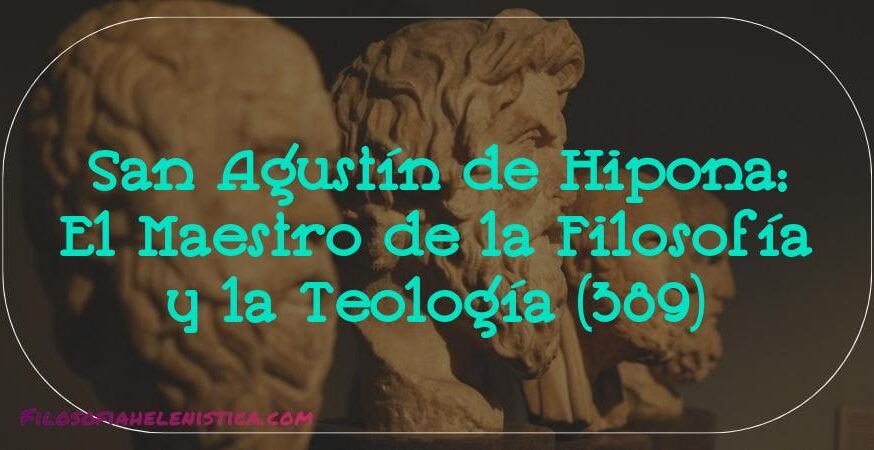
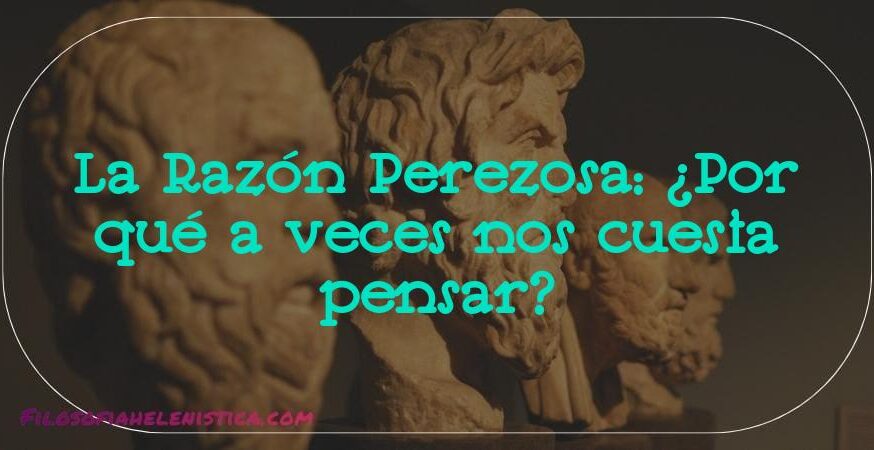
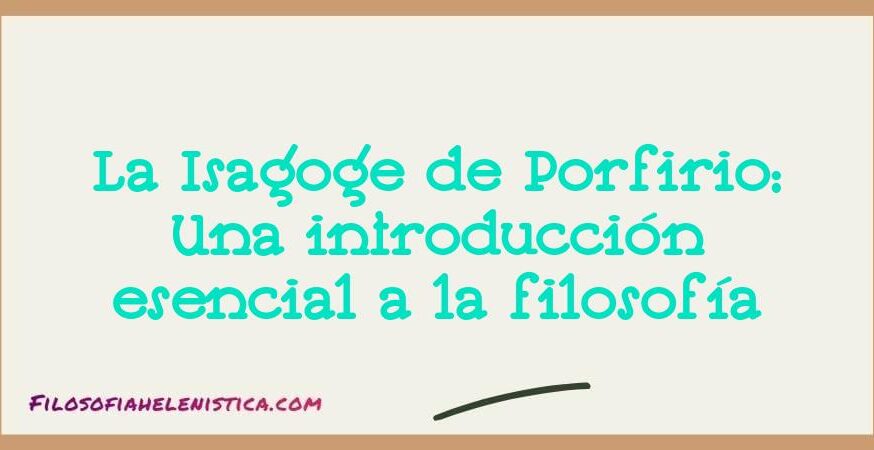

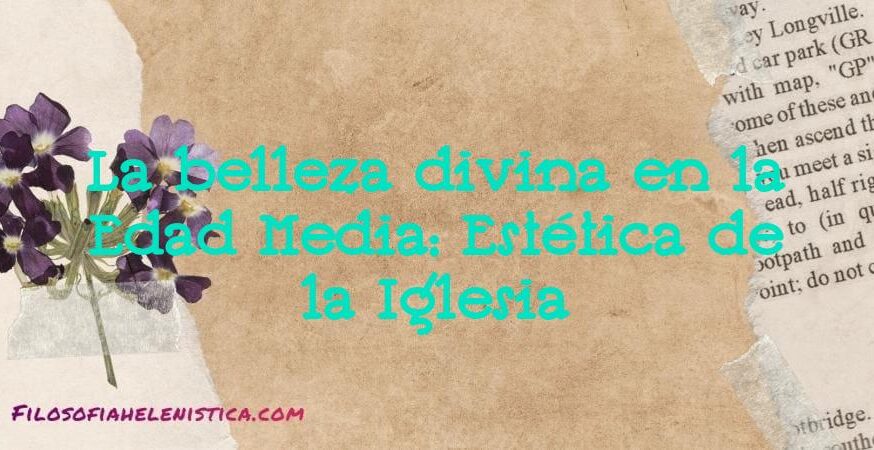
Deja una respuesta